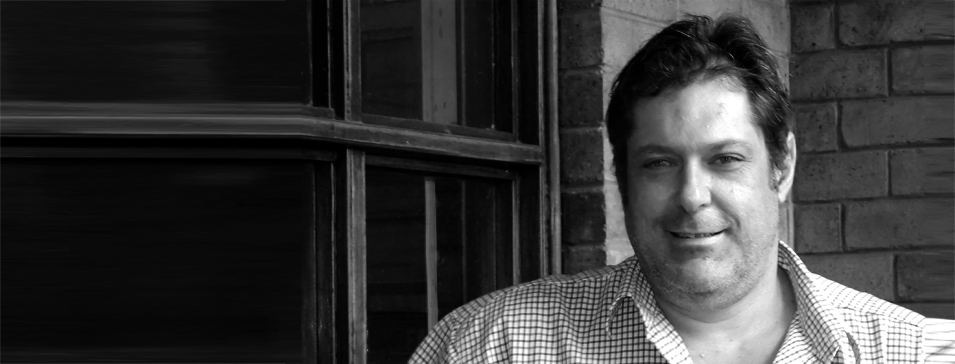Latest News Archive
Please select Category, Year, and then Month to display items
12 October 2020
|
Story Dr Cindé Greyling
|
Photo Supplied
 Exercise and nutrition can work wonders for your mental health – you don’t even have to ‘feel like’ or ‘enjoy’ moving around and eating well for it to work – it does its thing anyway.
Exercise and nutrition can work wonders for your mental health – you don’t even have to ‘feel like’ or ‘enjoy’ moving around and eating well for it to work – it does its thing anyway.
Nowadays, people talk about mental health like it is the common cold – which is good! But do you know what it really means? Being mentally healthy does not only refer to the absence of a mental illness but includes your emotional and social well-being. One would almost want to add physical well-being too, since a healthy body does indeed support a healthy mind. However, since so many people consider themselves ‘mental health experts’, some myths have been sold as truths.
Myth #1 – You are doomed.
Nope. Never. You are never doomed. There is always help. Mental-health therapies range from self-help, talk therapy, medication, to hospitalisation in some cases. Somewhere on this spectrum of treatments, there will be something that works for you. But you must be willing to get the help and do the work. For starters, exercise and nutrition can work wonders – you do not even have to ‘feel like’ or ‘enjoy’ moving around and eating well for it to work – it does its thing anyway.
Myth #2 – It won’t affect you.
It may. Research suggests that one in five people may suffer from a mental illness at some point in their lives. Being well now does not mean that it will stay that way. Biological and environmental factors both impact your mental health. Hopefully not, but at some point, you may experience an event that affects your mental health.
To remain integrated in a community is always beneficial
for anyone suffering from a mental or physical condition.
Myth #3 – Someone struggling with mental health must be left alone.
Hardly! To remain integrated in a community is always beneficial for anyone suffering from a mental or physical condition. You do not need to fix them, but to remain a friend. Continue to invite them, even if they decline. Do not judge, and do not try to understand. Just stay around.
Go and be kind to yourself, and to those around you.
An astrophysics pioneer at Kovsies
2014-01-05
 |
| Prof Pieter Meintjes |
Over the last decade Prof Pieter Meintjes’ strong background in astrophysics led to the development of a course of excellence at the University of the Free State.
Today we present an Astrophysics degree at our university, from first-year courses to PhDs.
Meintjes matriculated at the Sybrand van Niekerk High School in Sabie and completed a BSc in Physics and Mathematics at the North-West University in 1988. In 1990 and 1993 he respectively obtained his MSc and PhD in Physics from the same university.
Hereafter he spent a post-doctoral year at the Max Planck Institute for Space Science near München in Germany. In January 1997, Meintjes was appointed as a senior lecturer at our university’s Department of Physics. He was promoted to Professor in Physics in 2008.
Prof Meintjes is a member of the South African Institute for Physics (SAIP) and during 2002-2004 he was also co-chair of the astrophysics and space science group of SAIP. He serves on the executive committee of the National Astrophysics and Space Science Programme (NASSP) and is often a visiting lecturer at the University of Cape Town. He is a NRF-supported researcher and author and co-author of 70 publications in high-profile international journals and published conference issues.
During 2011-2013 he successfully delivered three PhD students along with one MSc student. His PhD students also delivered addresses at international conferences in Champery (Switzerland), Heidelberg (Germany), Paris (France), Barcelona (Spain) and Milan (Italy), Cape Town and the Kruger Game Reserve.
Over the last two years he has also been the author and co-author of six publications in Monthly Notices of the Royal Astronomical Society (MNRAS), as well as various publications in the Astrophysical Journal in support of the international planet search programme. A further 12 publications also came forth from Meintjes’ international conference contributions.
During the recent H.E.S.S. meeting in Namibia, Meintjes was appointed as the latest member of the highly-regarded international cooperation with H.E.S.S.
His membership of the H.E.S.S. group is due to his knowledge on gamma rays, which entails research on high-energy astrophysics.